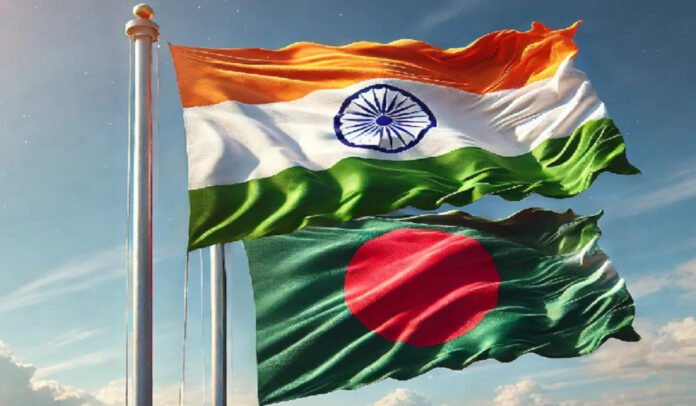Bangladesh has formally asked India to immediately close any offices of the Awami League (AL) reportedly operating on Indian soil, cautioning that political activities by Bangladeshi nationals abroad could jeopardise bilateral relations. The request follows media reports alleging that the AL has relocated parts of its organisation to Kolkata and New Delhi after the ouster of former Prime Minister Sheikh Hasina last year.
Dhaka’s Position
In a statement, the Bangladesh Foreign Ministry said that any political campaign by Bangladeshis abroad against national interests is “a clear affront” to the people and the state. It warned that such activities could “trigger public sentiment in Bangladesh” and potentially impact ongoing efforts to strengthen India–Bangladesh cooperation.
Backdrop of the Crisis
Hasina fled to India on August 5, 2024, amid a mass uprising that toppled her government. Since then, media outlets including BBC Bangla and The Print have reported that hundreds of AL leaders and affiliates have taken refuge in India, with many renting homes in and around Kolkata. One estimate suggested that nearly 1,300 party members and former ministers are now in exile worldwide, with India seen as a primary destination.
Legal and Political Fallout
The interim government in Dhaka has banned all Awami League activities under the Anti-Terrorism Act and launched cases against Hasina and several senior leaders, accusing them of complicity in mass killings during the July uprising. Bangladesh has also written to New Delhi seeking Hasina’s extradition but has yet to receive a response.
Strained Bilateral Relations
India and Bangladesh have historically maintained close ties, but relations have cooled since the fall of the Awami League government. Dhaka’s latest demand underscores growing unease over the perceived presence of AL networks in India and the possibility of cross-border political mobilisation.
What Lies Ahead
Diplomatic analysts say New Delhi’s response will be crucial. While India has refrained from commenting officially, its handling of the matter could set the tone for future relations with Bangladesh, which remain sensitive amid the ongoing political transformation in Dhaka.























